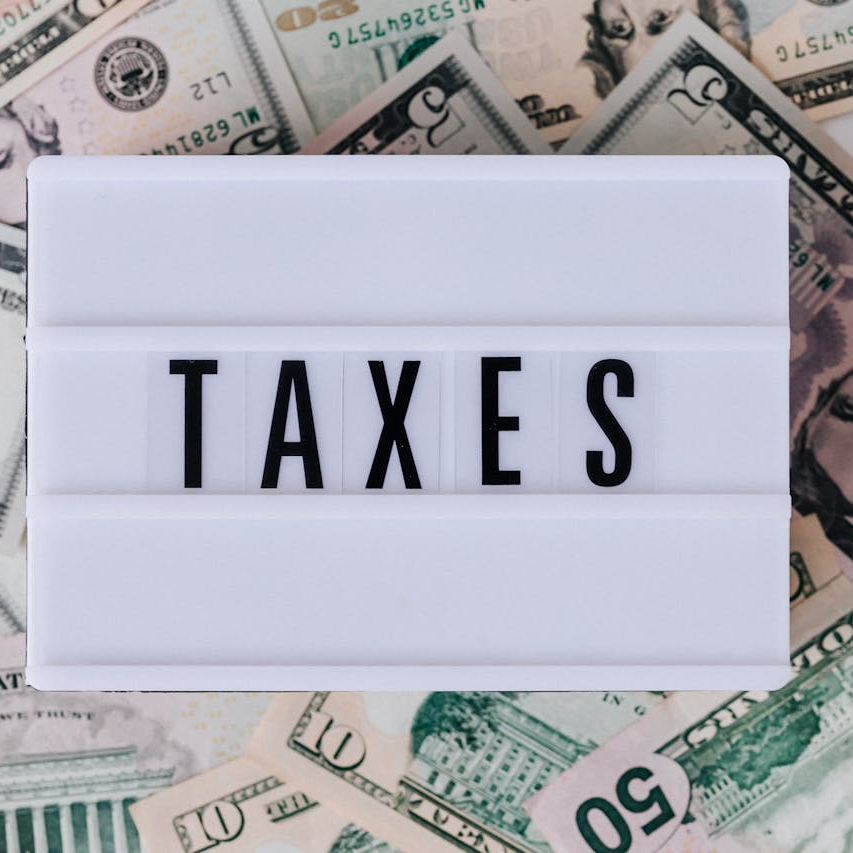Notwithstanding many suggestions to reduce federal transfer taxes (GST, gift, and estate taxes) with surged tax rates and exemptions, not one of these was adopted in 2021. So in 2022, the exemptions are adjusted for inflation, providing customers with “another chance” to consider the exemptions, and favorable rates before their reversion to $5 million in 2025. Tax Exemption Inflation Surges for 2022 The surged transfer tax exemptions for 2022 include the following: • A federal estate tax exemption amounting to USD 12,060,000 and a tax rate of 40% for the top federal estate • A GST tax exemption amounting to USD 12,060,000 and a tax rate of about 40% for a top federal GST • A timeless gift tax exemption of about USD 12,060,000 and a 40% top federal gift tax rate. • The yearly gift tax exclusion figure surges to USD 16,000. While the raised exemption expires on 31 December 2025, the Treasury Internal Revenue Service (IRS) has stated that gifts sent between 2018 to 2025 to a person who kicks the bucket in 2026 or later would not be considered “clawback” when the estate and gift tax exemptions revert to the $5 million exemption in the 2012 Act. The prospect these improved exemptions in the 2017 Act establish is to maximize greater lifetime gifts via a wide range of estate design methods. This will foster the switching of income-generating assets to people with smaller income tax levels and/or reside in regions with a smaller income tax rate or zero state income tax. People who have utilized nearly all their past exemptions may consider making further lifetime contributions to take advantage of the 2022 higher exemptions. If you used your $11.7 million exemption in 2021, you could gift an extra tax-free $360,000 in 2022. What Impact Will These Amendments Have on Your Current Estate Planning Documents? Almost all estate planning documents are designed to be adaptable, so the greater exemption sums have little impact on their overall structure. Nevertheless, there will always be certain spots where you would like to modify your papers. One distinction is that, unlike what you will get in estate tax exemptions, the transferability of the demise of a partner is not guaranteed with the GST tax exemption. The portability of the estate tax exemption is not allowed in states with unique state estate tax systems, like New York, Massachusetts, and Connecticut. When these limitations on mobility apply, the utilization of a Bypass Trust arrangement at the first demise of a spouse could be most effective. Now, suppose a couple lives or owns real estate in a jurisdiction with state estate taxes, like New York, Massachusetts, or Connecticut. In that case, there could be clauses in their agreements that might help them avoid paying state estate taxes when their first partner passes away. Updates on Gift Taxes In 2022, the yearly exclusion limit for gifts has surged to USD 16,000 and USD 32,000 for gifts provided by a spouse who decides to “divide” their contributions. Think about giving securities or shares in privately owned enterprises or other family-run businesses instead of physical money. Due to COVID-19, the properties you offer up now could be valued much cheaper than they were before the start of the pandemic. Perhaps the valuation of these properties will rise in the months and years ahead, resulting in an in-built reduction that the IRS cannot properly contest. If the worth of those properties increases, that reduction will help your beneficiaries. Your yearly exclusion donations might be paid to your dependents individually or through structures created for their advantage. However, gifts to such trusts would not count for the annual gift tax deduction, except when the recipients have specified restricted rights to the transferred assets (often called “Crummey” powers). If you’ve set up a trust with recipient withdrawal powers, your trustees must deliver Crummey notices to the recipients if you (or anybody else) contribute to the trust. If you set up some insurance trusts, keep in mind that any money you put into it to remit insurance premiums is deemed a contribution to it. Hence, the trustees will have to write the beneficiaries Crummey letters, informing them that they have the legal entitlement to withdraw from contributions. Donations to the trust would not be eligible for the gift tax yearly exclusion unless these letters are provided. 2021 Gift Tax Returns The deadline for gift tax returns to donations received in 2021 is 15 April 2022. A promptly submitted application for an automatic time extension to file your income return tax for 2021, which simultaneously stretches the period to submit your gift tax return, could lengthen the deadline to 15 October 2022. If you established a trust sometime in 2021, it is expedient to instruct your accountant to look into your GST tax exemption on donations to the trust you created. However, this might depend on the prevailing circumstances. You must not skip this step, which must be completed even if your donations don’t exceed the yearly gift tax exclusion. So, you don’t need to submit a gift tax return anyway. If you have any issues concerning your allotment of GST tax exemption, you should contact your attorney. Therefore, while the increased exemptions are in effect, you may expect a yearly rise in the exemption amount, which might be considered if the inflation rate stays up. These increased exemptions will be phased out by the end of 2025.
Contact Information:
Email: fjcarreno@theretirementadvantage.net
Phone: 8139269909
Bio:
For over 30-years Flavio “Joe” Carreno of The Retirement Advantage has been a Federal Employee Retirement System specialist (FERS) as well as a Florida Retirement System specialist (FRS) independent advocate. An affiliate of PSRE (Public Sector Retirement Educators), a Federal Contractor & Registered Vendor to the Federal Government, also an affiliate of TSP Withdrawal Consultants. We will help you understand your FERS & FRS Benefits, TSP & Florida D.R.O.P. withdrawal options in detail while recognizing & maximizing all concurrent alternatives available.Our primary goal is to guide you into retirement with no regrets; safe, predictable, stable, for life. We look forward to visiting with you.
Disclosure:
Not affiliated with the U.S. Federal Government, the State of Florida, or any government agency. The firm is not engaged in the practice of law or accounting. Always consult an attorney or tax professional regarding your specific legal or tax situation. Although we make great efforts to ensure the accuracy of the information contained herein we cannot guarantee all information is correct. Any comments regarding guarantees, safe and secure investments & guaranteed income streams or similar refer only to fixed insurance and annuity products. Fixed insurance and annuity product guarantees are subject to the claimsâ€paying ability of the issuing company. Annuities are long-term products of the insurance industry designed for retirement income. They contain some limitations, including possible withdrawal charges and a market value adjustment that could affect contract values. Annuities are not FDIC insured.














